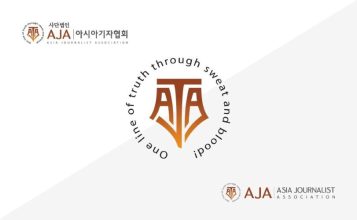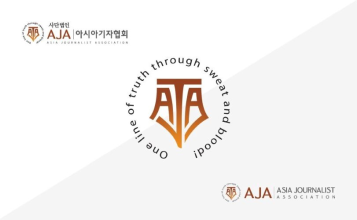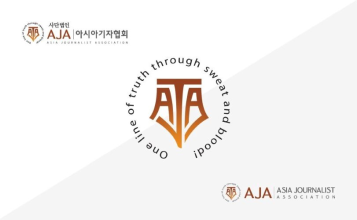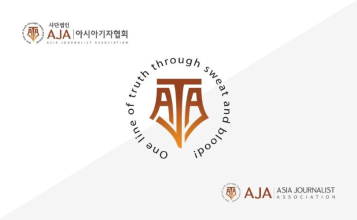AJA Newsbites – July 2, 2025
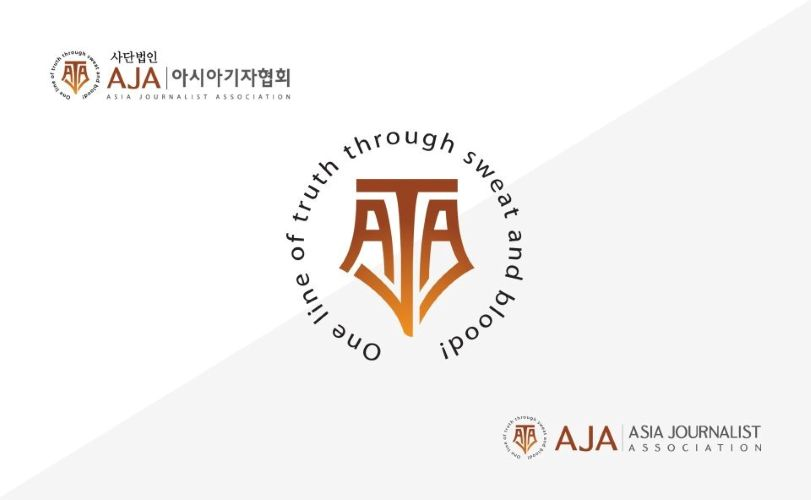
AJA Newsbites is a curated roundup of major news and developments from across Asia, brought to you by members of Asia Journalist Association (AJA)
Lee Sang-ki, THE AsiaN, Korea
According to a recent survey conducted ahead of Korea’s 80th Liberation Anniversary, 27.8% of respondents view Korea as a developed country. Another 39.3% consider it an upper-middle-tier nation, while 22.6% regard it as mid-level.
Respondents expressed the highest satisfaction with Korea’s cultural development (78.8%), followed by economic progress (49.4%). In contrast, only 15.1% were satisfied with the country’s political development, and a striking 83.5% expressed dissatisfaction with the current political situation.
Despite political concerns, national pride remains strong: 90.6% of respondents said they are proud of Korean history. When asked about their vision for the future, 24.8% hoped Korea would become “a mature democracy,” followed by “an economically wealthy nation” (19.1%) and “a stable society” (19.1%).
The survey was conducted from April 24 to 27 through phone interviews with 1,500 adults nationwide. It was commissioned by the Liberation 80th Anniversary Planning Committee and has a margin of error of ±2.5% at a 95% confidence level.
Norila Daud, Malaysia World News, Malaysia
A new campaign promoting Malaysia as a premier destination for sustainable and inclusive travel was launched in Bangkok on Tuesday by the Ministry of Tourism, Arts and Culture, ahead of Visit Malaysia 2026 (VM2026). The initiative aims to attract more Thai travellers by highlighting the diverse experiences Malaysia has to offer.
Tourism, Arts and Culture Minister Tiong King Sing said VM2026 will showcase Malaysia’s rich array of tourism assets—including eco-parks in Sabah and Sarawak, UNESCO World Heritage sites, vibrant multicultural urban centres, and serene coastal retreats.
Speaking at the VM2026 launch event in Bangkok, Tiong emphasized Malaysia’s focus on enhancing accessibility, upgrading infrastructure, and providing sustainability-driven travel experiences that align with the evolving preferences of modern tourists.
“Thailand and Malaysia share a strong friendship rooted in shared cultural values, people-to-people ties, and robust cross-border trade,” said Tiong, who is leading a tourism promotional campaign in Thailand.
“Within ASEAN, we must view each other as collaborators rather than competitors. By working together, we can strengthen travel corridors, develop more attractive tourism packages, and offer richer, more meaningful experiences for both regional and international visitors,” he added, as reported by Bernama.
From January to April 2025, Malaysia welcomed 13.4 million international visitors—a 21% increase compared to the same period last year. Of these, 833,610 were from Thailand, representing a 3.4% year-on-year growth and reinforcing Thailand’s position as a key tourism market for Malaysia.
Chhay Sophal, Cambodia News Online, Cambodia
Cambodian Prime Minister Hun Manet on Tuesday warned Thailand not to push Cambodia beyond a red line, referring to the Thai military’s unilateral attempt to block Cambodian citizens from accessing three Cambodian temples while awaiting a ruling from the International Court of Justice (ICJ).
Speaking during the National Fish Day celebration—where he oversaw the release of approximately 1.5 million fish into a lake in Bati District, Takeo Province, an event broadcast live on social media—the Prime Minister reiterated that the areas surrounding the three temples—Ta Moan Thom, Ta Moan Tauch, and Ta Krabei—as well as the Emerald Triangle, remain unresolved territories under international legal review. As such, no party has the unilateral authority to restrict access based on its own decision.
A border dispute between Cambodia and Thailand has been ongoing since a Cambodian soldier was shot and killed on May 28 inside Cambodian territory. Since then, the roughly 817-kilometer-long border between the two kingdoms has remained closed.
Kuban Abdymen, Centralasianlight, Kyrgyzstan
Kazakhstan has emerged as one of the key oil suppliers to the European Union, a shift largely driven by the withdrawal of Russian companies from the European market. According to Eurostat, Kazakhstan ranked among the EU’s top three oil exporters in the first quarter of 2025, alongside the United States and Norway.
During the first three months of 2025, the EU imported an average of 35 million tons of crude oil per month. Kazakhstan’s share of that volume reached 12.7%, up from 11% during the same period last year. In total, Kazakhstan exported 4.4 million tons of crude oil to Europe—300,000 tons more than in the first quarter of 2024.
The total value of Kazakhstan’s oil exports to Europe over this period is estimated at approximately €2.54 billion. Notably, the exports are led not by state-owned firms, but by Western energy companies—chief among them U.S.-based Chevron, which operates all three of Kazakhstan’s major oil projects.
In 2024, Chevron shipped 26.8 million tons of crude oil via the Caspian Pipeline Consortium (CPC) to tankers at the Russian port of Novorossiysk, according to Kazakh Transneft. This volume accounted for nearly half of all Kazakh oil exported through the CPC route.
Meanwhile, deliveries of Kazakh oil to Germany via the Druzhba pipeline—running through Russia and Ukraine—remain modest, comprising only about 10% of Kazakhstan’s total oil exports to the EU. The majority of shipments reach Europe by tanker, routed through terminals in Croatia.
Pooneh Nedai, Shokaran magazine, Iran
Iranian Foreign Minister Araghchi stated that before nuclear negotiations can resume, the United States must assure Iran that it will not carry out military attacks during the talks. In an interview with CBS in Tehran, he responded to former President Donald Trump’s recent remarks about the possibility of reopening talks, saying that the likelihood of such negotiations resuming soon is low.
While emphasizing that diplomacy remains an open path, Araghchi warned that Iran needs more time. He dismissed Trump’s threats to destroy Iran’s nuclear facilities, asserting that Iran could quickly rebuild them if necessary.
Calling the nuclear program a matter of national pride, Araghchi stressed that, as in past conflicts, Iran would defend itself if attacked.
ⓒ THE AsiaN | All rights reserved
This content is copyrighted by THE AsiaN. If you wish to share it, please do so without modifying the original text and always include the source link. Unauthorized editing or sharing without proper attribution may result in legal consequences.

